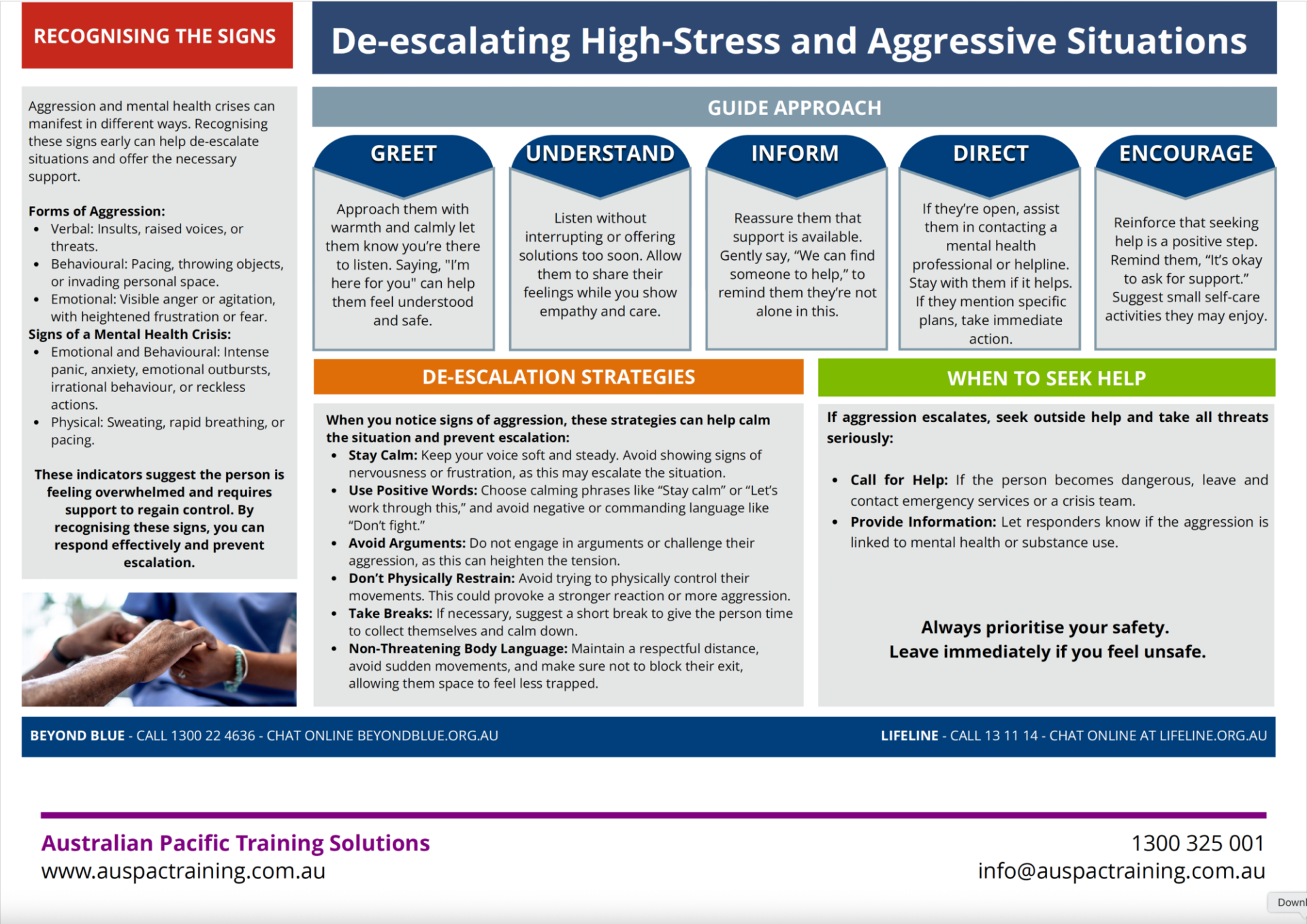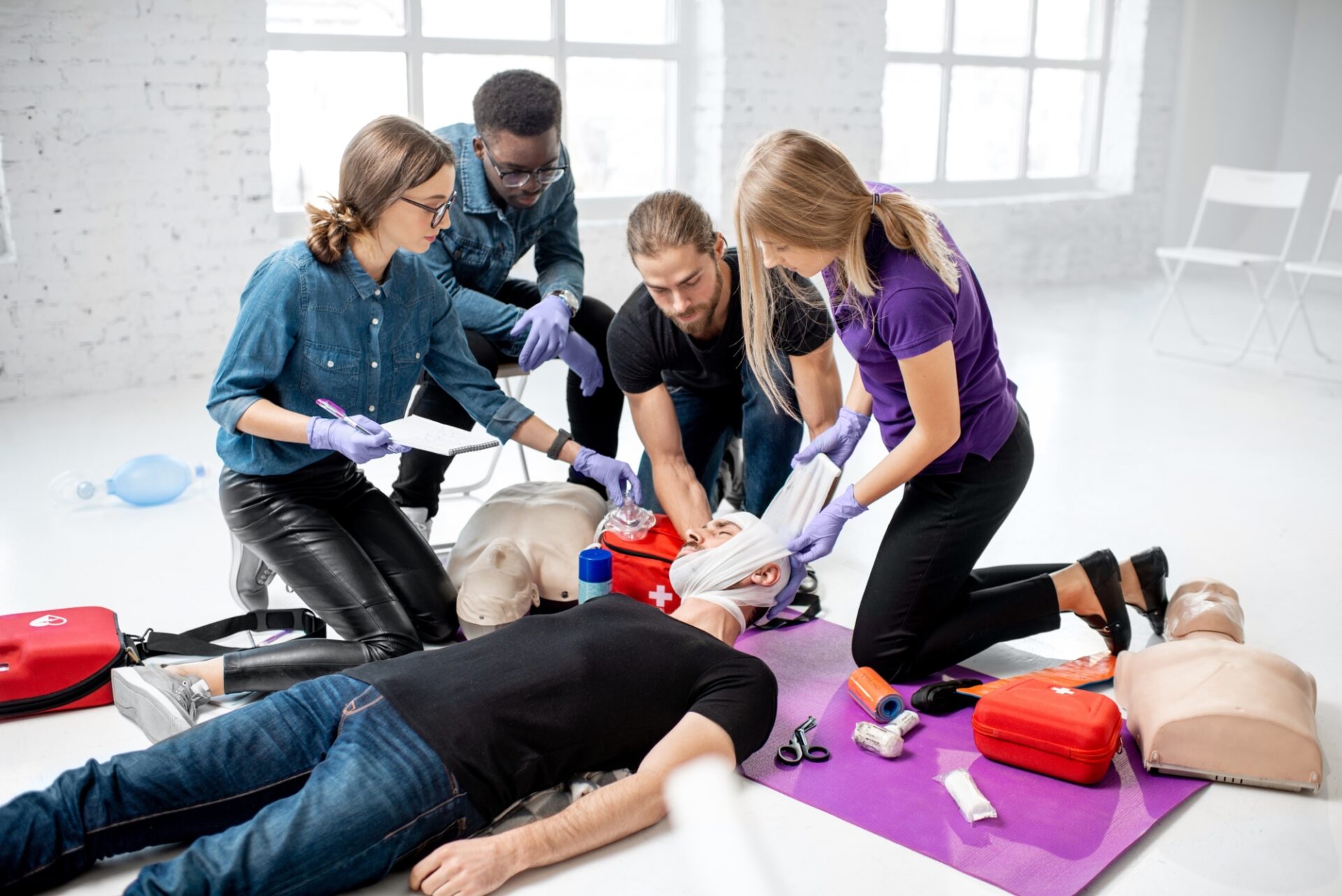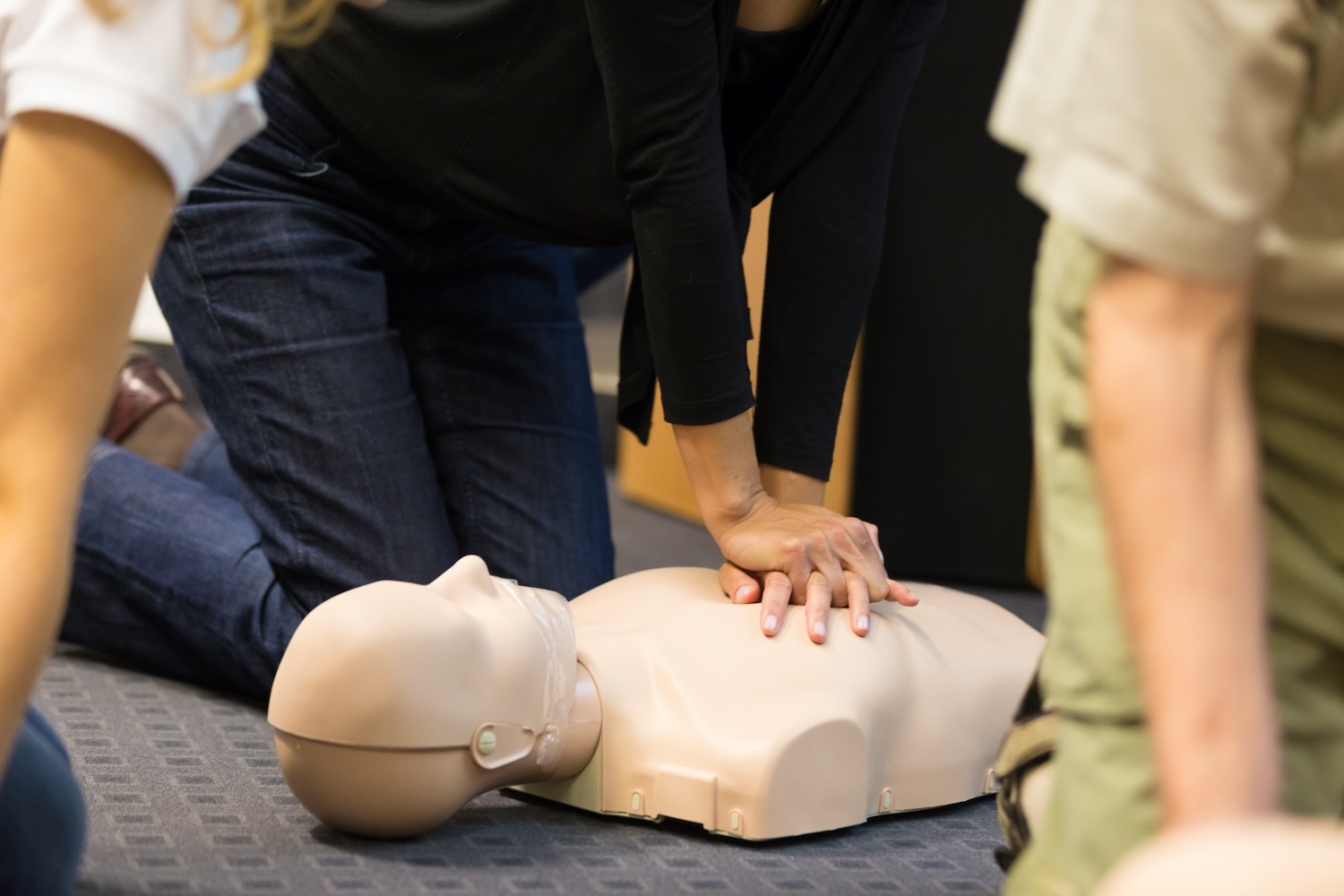Handling Aggressive Behaviour: A First Aid Guide for De-escalation
Aggressive behaviour in a high-stress or emergency context can be unpredictable and dangerous — for the individual in distress, bystanders, and first responders. Whether in a workplace, healthcare setting, or public space, knowing how to respond safely and effectively is critical. This is why understanding how to handle aggressive behaviour in first aid situations is an essential skill for all Australians.
In this guide, we explore how to recognise the signs of aggression, implement de-escalation strategies, and protect your safety — all in line with best practice training from Australian Pacific Training Solutions.
Recognising Aggressive Behaviour: Early Warning Signs
Early identification of aggressive or volatile behaviour is key to managing potentially dangerous situations before they escalate.
Common Forms of Aggression:
- Verbal aggression: shouting, insults, swearing, or threats
- Physical or behavioural signs: pacing, clenched fists, throwing objects, or standing too close
- Emotional cues: agitation, visible distress, or sudden emotional outbursts
Signs of a Mental Health Crisis:
- Emotional: panic attacks, extreme mood swings, irrational behaviour
- Physical: rapid breathing, sweating, tremors, or disorientation
When someone shows these signs, they may be overwhelmed or in crisis. The goal is to de-escalate, not confront.
De-escalation Strategies in First Aid Situations
De-escalation involves calming a tense situation without the use of force or confrontation. These first aid strategies can help you manage aggression while keeping everyone safe.
| Strategy | How It Helps |
|---|---|
| Stay Calm and Grounded | Speak softly and slowly; your tone can reduce agitation. |
| Use Supportive Language | Phrases like “I’m here to help” or “Let’s work through this” can build trust. |
| Avoid Physical Contact | Do not restrain or invade personal space; this can escalate aggression. |
| Offer Space | Keep a safe distance and do not block exits. |
| Listen Without Judgement | Allow the person to talk without interrupting or trying to “fix” the issue. |
| Suggest Supportive Actions | Gently offer to contact a helpline or support person if they are open to it. |
What to Do When Aggression Escalates
Despite best efforts, some situations may deteriorate. Always prioritise personal safety and follow these steps if the situation becomes dangerous:
- Remove yourself immediately if you feel unsafe.
- Call emergency services (000) or a local crisis support team.
- Provide clear information about the person’s behaviour, including any signs of mental health or substance use.
📞 In a mental health emergency, support is available through:
- Lifeline – 13 11 14
- Beyond Blue – 1300 22 4636




